
News

Using MRI, engineers have found a way to detect light deep in the brain
The new technique could enable detailed studies of how brain cells develop and communicate with each other.
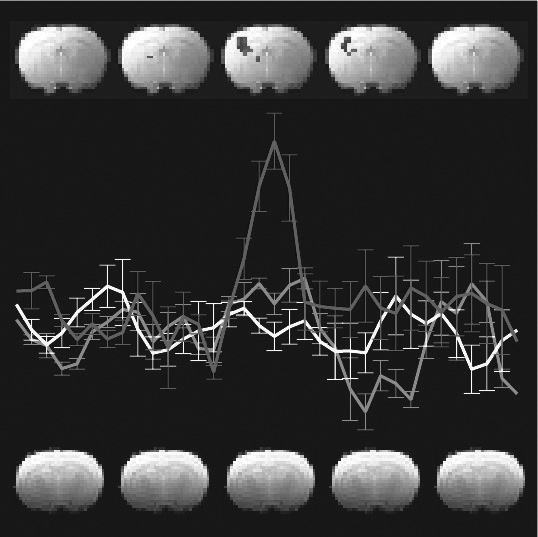
Reevaluating an approach to functional brain imaging
An MRI method purported to detect neurons’ rapid impulses produces its own misleading signals instead, an MIT study finds.
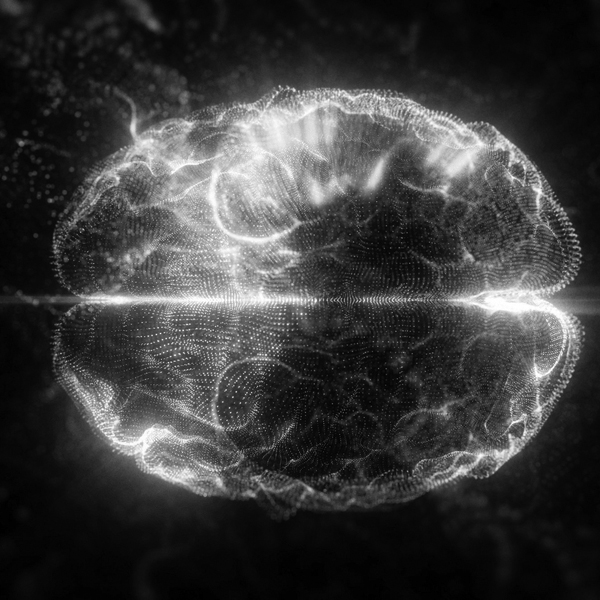
New sensor uses MRI to detect light deep in the brain
Using this approach, researchers can map how light spreads in opaque environments.
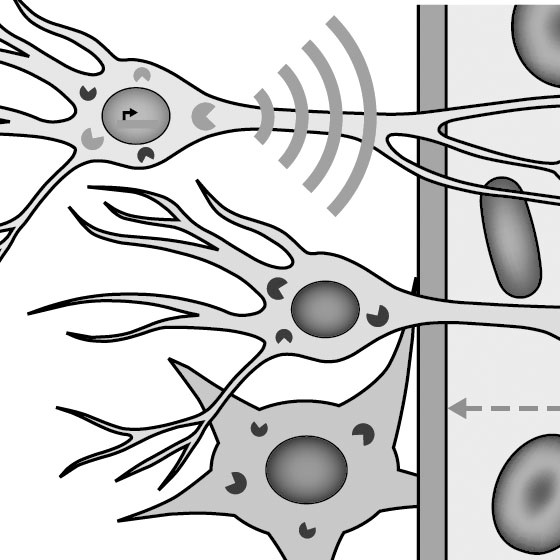
New MRI probe can reveal more of the brain’s inner workings
Tracing connections between neuron populations could help researchers map brain circuits that underlie behavior and perception.

Scientists seek insight into Parkinson’s, addiction by tracking gene expression in the brain
Two MIT faculty members earn funding from the G. Harold and Leila Y. Mathers Foundation.
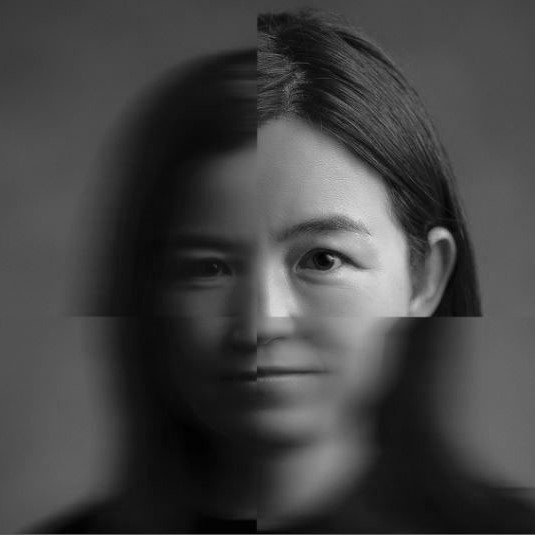
Nan Li wants to see the neurons, circuits and whole brain regions that make us who we are. As a research scientist in Alan Jasanoff’s lab, she’s building the tools to make this happen.
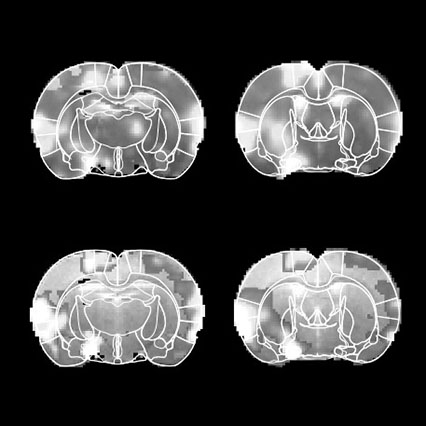
How dopamine drives brain activity
A specialized MRI sensor reveals the neurotransmitter’s influence on neural activity throughout the brain.

For one graduate student, MIT's nuclear reactor is like a "second home"
On the cusp of graduation, health sciences and technology doctoral candidate Agata Wiśniowska '11 sustains her decade-plus connection to the MIT Nuclear Reactor Lab.
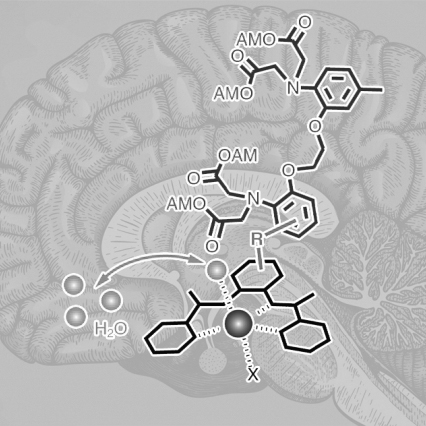
New MRI sensor can image activity deep within the brain
Noninvasive measurements of calcium could reveal neurons’ roles in different types of behavior.
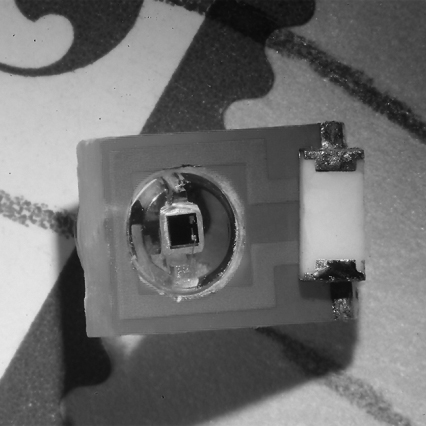
Monitoring electromagnetic signals in the brain with MRI
Technique could be used to detect light or electrical fields in living tissue.
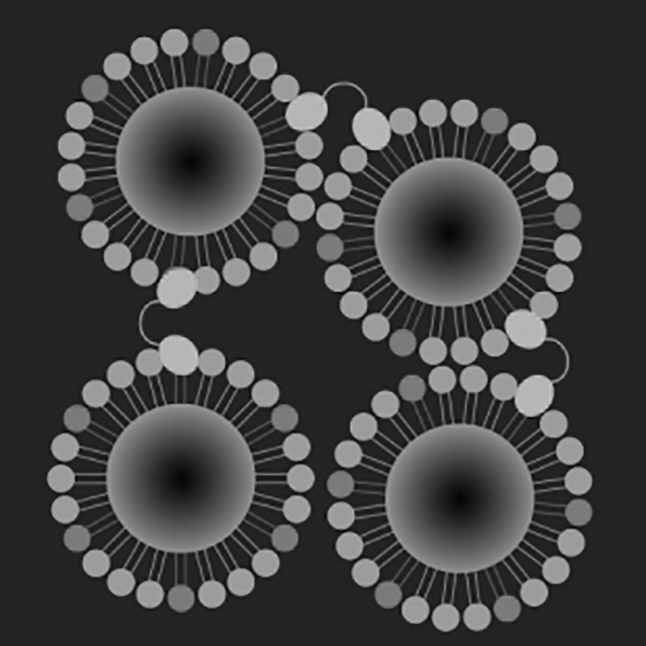
Calcium-based MRI sensor enables more sensitive brain imaging
System detects direct signals of neural activity; could reveal patterns underlying behavior.
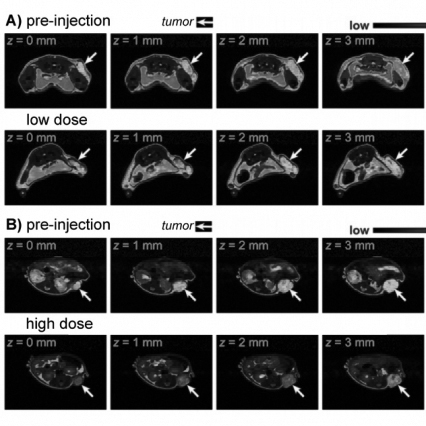
Metal-free MRI contrast agent could be safer for some patients
New agent could be used for certain high-risk groups and may enable longer-term tumor imaging.
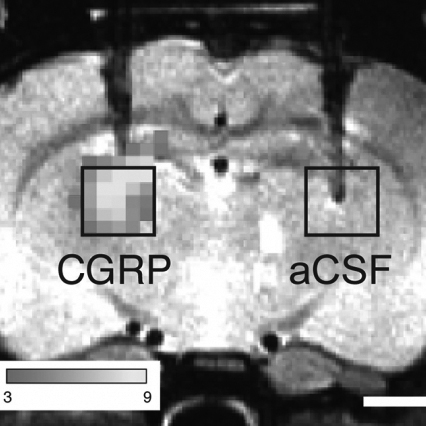
A radiation-free approach to imaging molecules in the brain
New probe induces blood flow changes that can be seen by MRI.
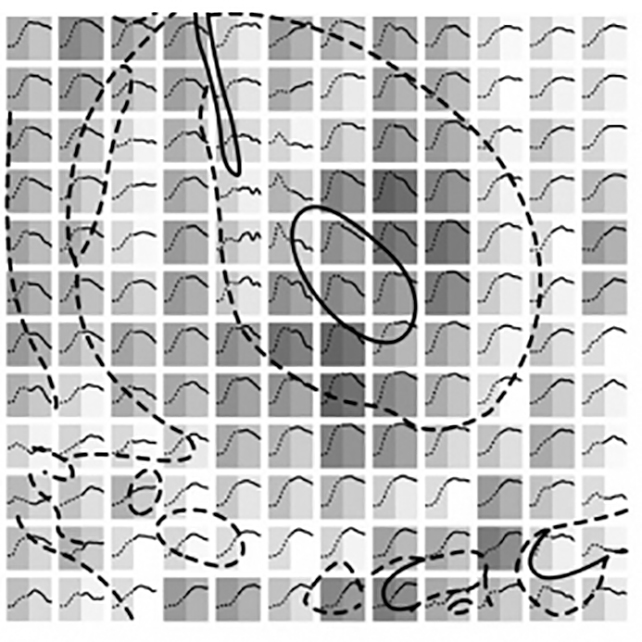
Mapping serotonin dynamics in the living brain
Imaging technique that creates 3-D video of serotonin transport could aid antidepressant development.
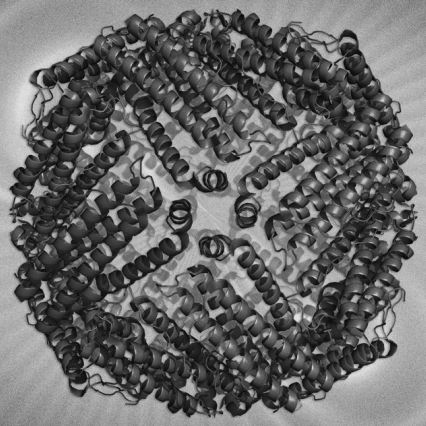
Engineers design magnetic cell sensors
New protein nanoparticles allow scientists to track cells and interactions within them.
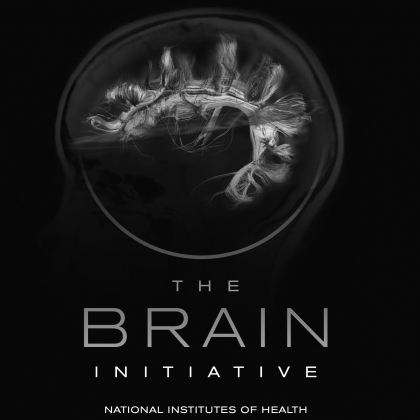
Fifteen MIT scientists receive NIH BRAIN Initiative grants
Today, the National Institutes of Health (NIH) announced their first round of BRAIN Initiative award recipients.
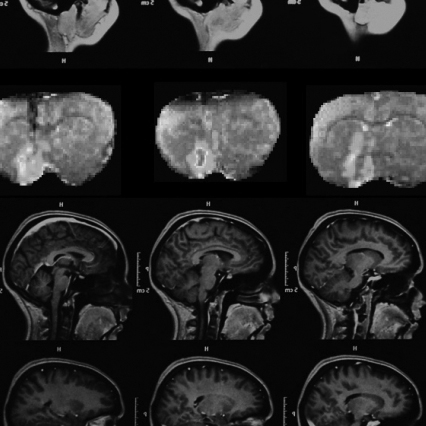
MRI sensor allows neuroscientists to map neural activity with molecular precision.
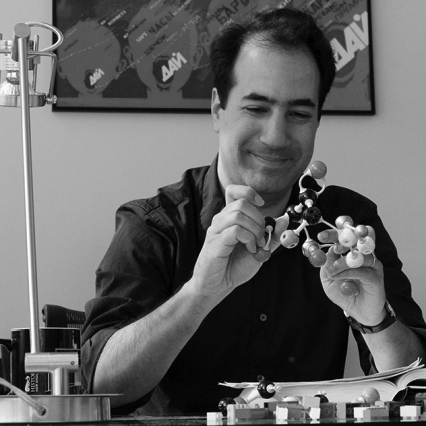
New MIT technique could help decipher genes’ roles in learning and memory.
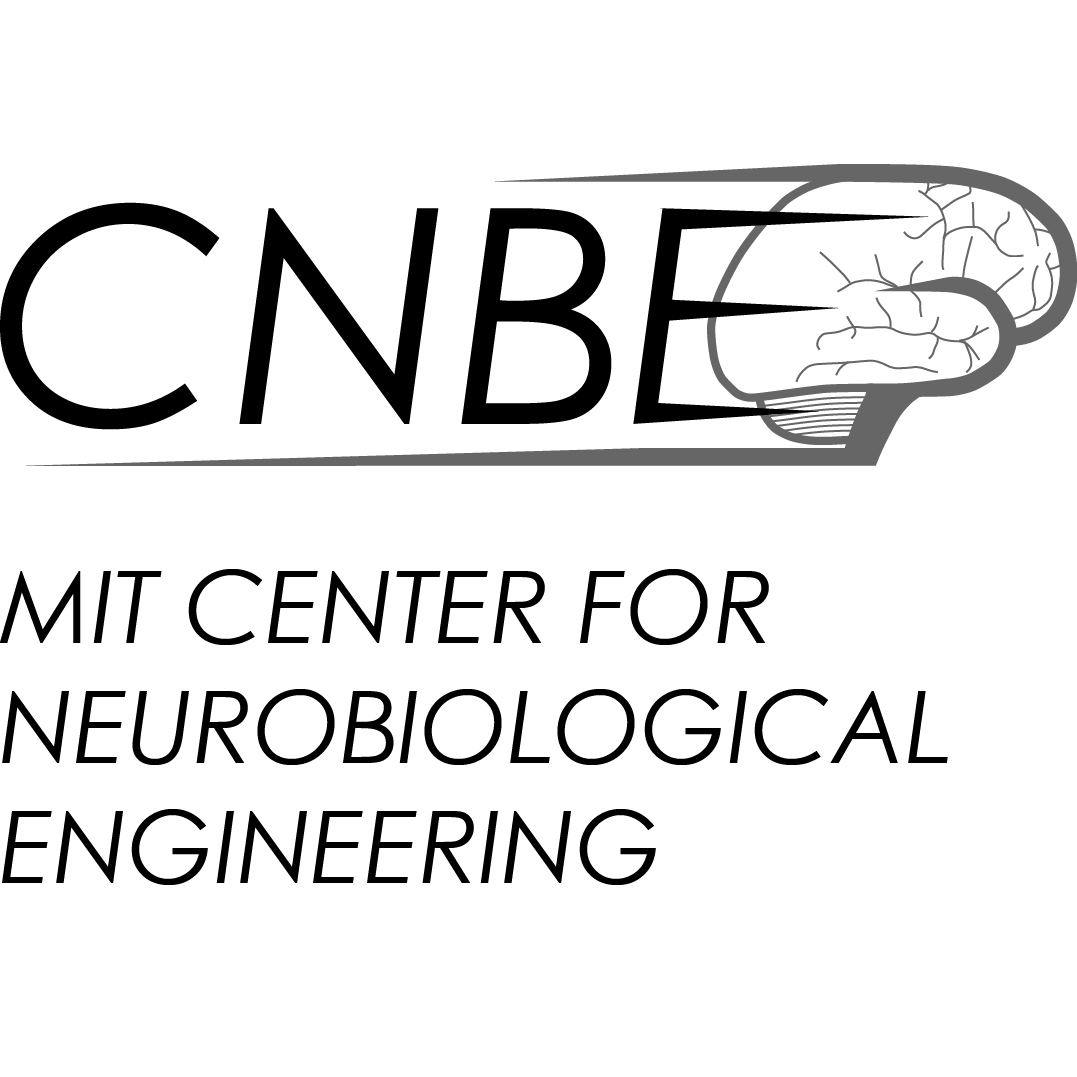
MIT launches the Center for Neurobiological Engineering
Establishing a neuroengineering community that can set new research directions and address emerging issues in brain science.

New tools to answer timeless questions
Alan Jasanoff is designing imaging sensors that could help reveal the brain’s inner workings.
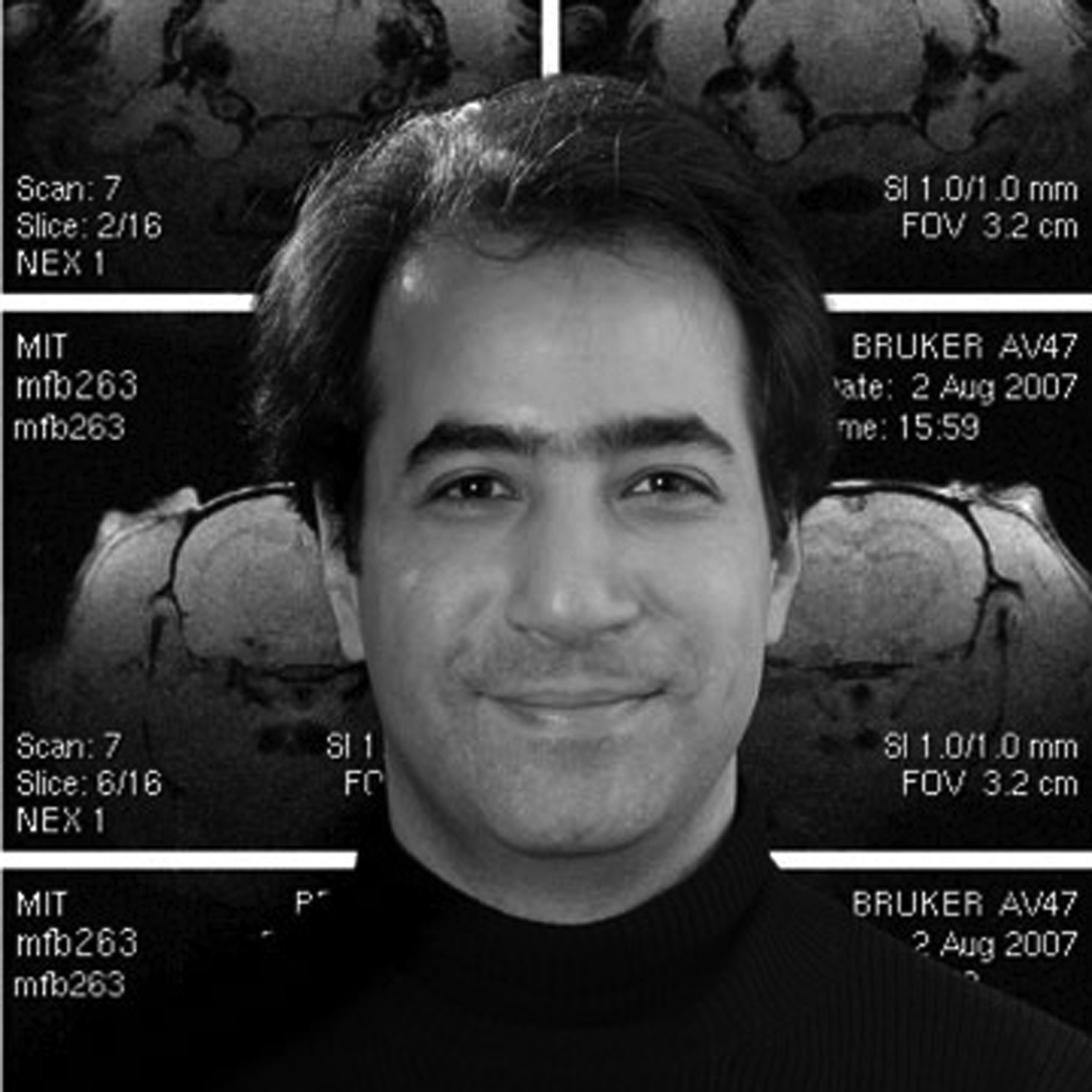
Grants support biomedical research that will ‘challenge the status quo’ with risk-taking, innovative ideas.
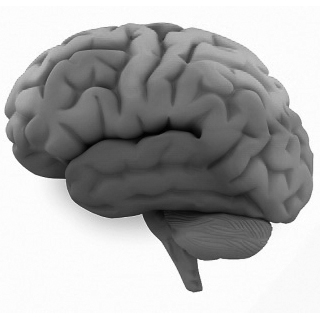
New technique offers a more detailed view of brain activity
‘Cleverly designed' MRI sensors detect dopamine, offering a high-resolution look at what’s happening inside the brain.

Four MIT faculty win NIH awards
Four MIT faculty have been honored by the National Institutes of Health for their 'exceptionally innovative' research.
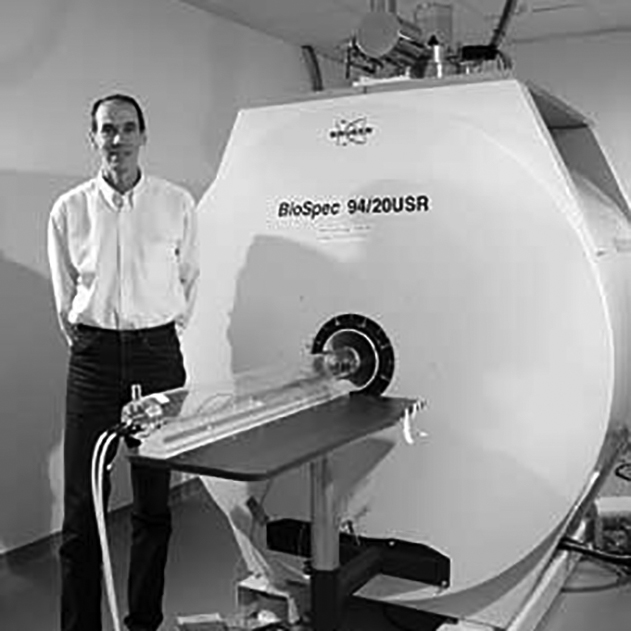
New high-resolution MRI machine comes to MIT
A 9.4 Tesla Bruker magnet with a small (20 cm) bore, will be used for rodents and small primates.
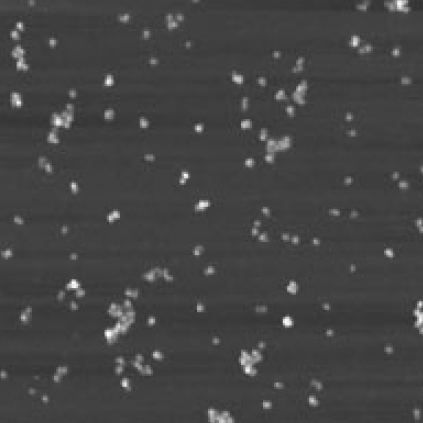
Nanoparticles to aid brain imaging, team reports
If you want to see precisely what the 100 billion neurons in a person's brain are doing, a good way to start is to track calcium.